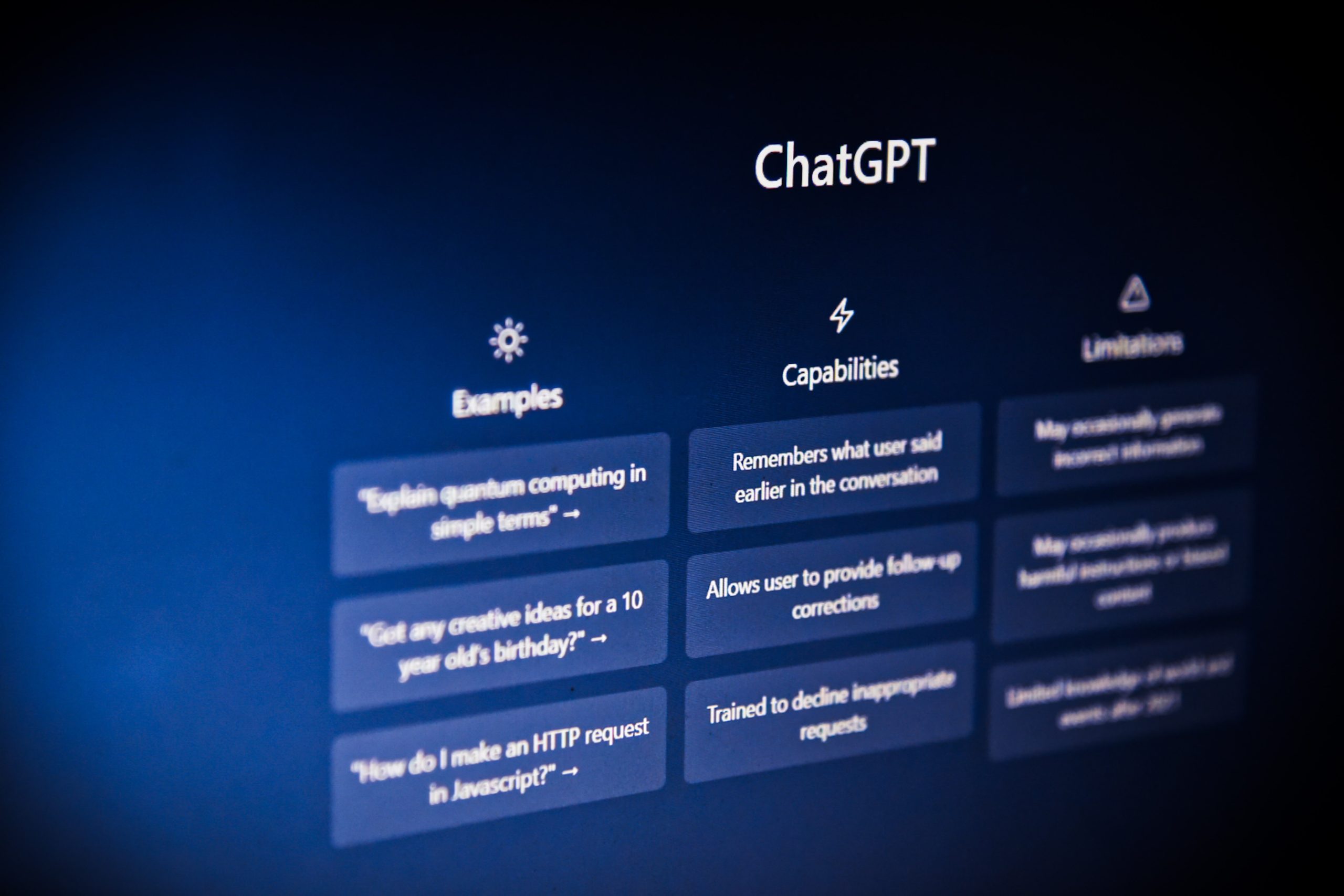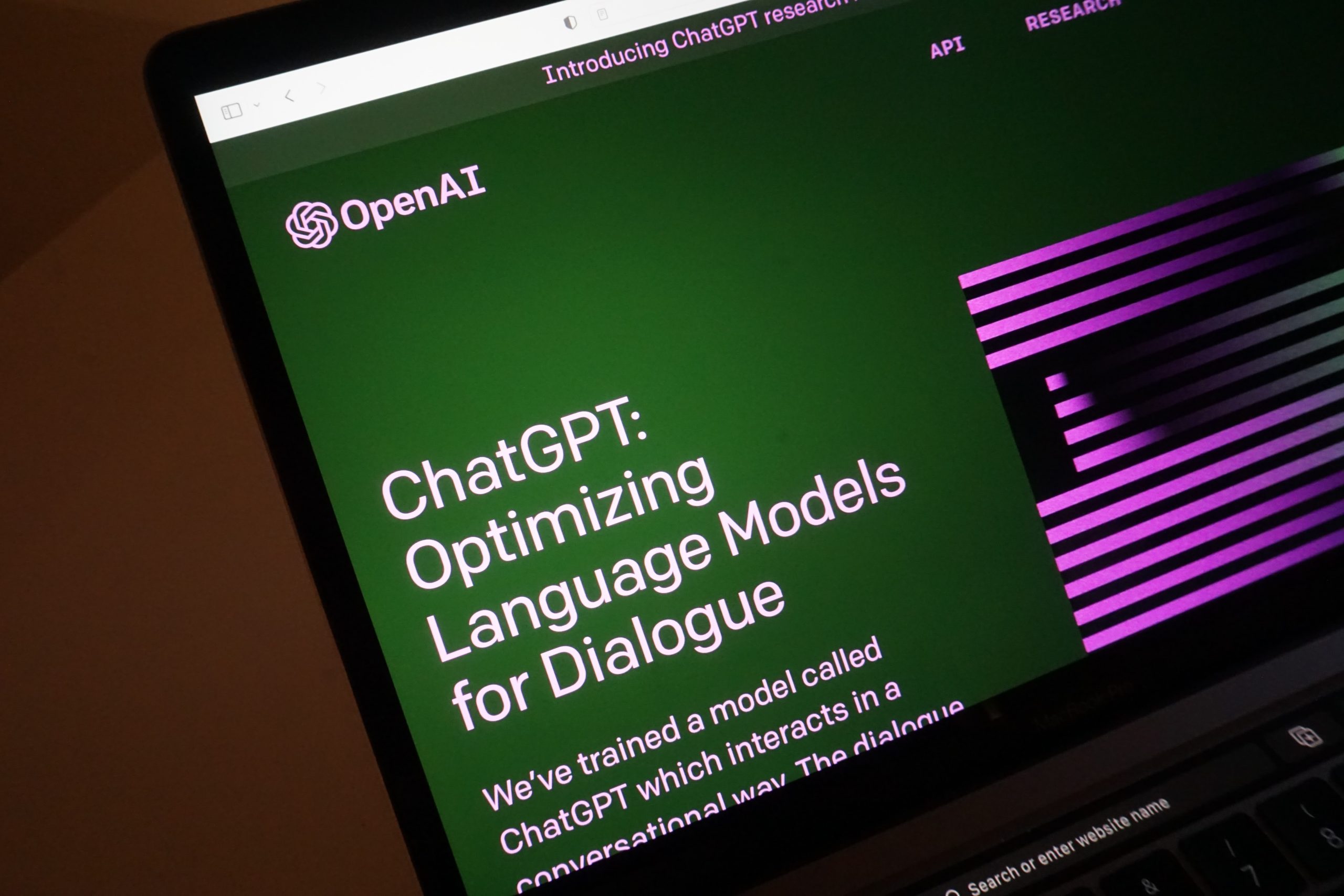ChatGPT is a powerful language model developed by OpenAI that can be used for a variety of purposes, including marketing. With its advanced natural language processing capabilities, ChatGPT can engage with customers, answer their questions, and provide valuable information about your products or services. In this article, we’ll explore the tools and strategies you can use to harness the power of ChatGPT in your marketing efforts.

Tools for ChatGPT in Marketing
1. Chatbot Platforms
One of the easiest ways to get started with ChatGPT in marketing is to use a chatbot platform that integrates with the language model. There are several chatbot platforms available that can help you build and deploy a chatbot quickly and easily. Some popular options include Dialogflow, Tars, and Landbot. These platforms allow you to create custom chatbots that can be used for customer support, lead generation, and more.
2. Natural Language Processing (NLP) Tools
Natural Language Processing (NLP) tools are essential for working with ChatGPT in marketing. These tools help you analyze customer inquiries and responses and provide relevant information based on the context of the conversation. Some popular NLP tools include spaCy, NLTK, and Gensim.
3. Machine Learning Libraries
Machine learning libraries are essential for training ChatGPT to understand and respond to customer inquiries. Libraries like TensorFlow, PyTorch, and Keras provide tools for training neural networks and creating machine learning models that can be used to train ChatGPT.
Strategies for ChatGPT in Marketing
1. Personalization
One of the most powerful strategies for using ChatGPT in marketing is personalization. By providing personalized responses and recommendations to customers, you can improve engagement and build stronger relationships. ChatGPT can be trained to understand customer preferences and behaviors and provide recommendations based on that data. For example, you can use ChatGPT to recommend products to customers based on their purchase history or browsing behavior.
2. Customer Support
Another effective strategy for using ChatGPT in marketing is customer support. By using ChatGPT to automate customer support tasks, you can reduce the workload on your staff and improve response times to customer inquiries. ChatGPT can be programmed to handle common support tasks like answering frequently asked questions and processing returns.
3. Lead Generation
ChatGPT can be used for lead generation by engaging with website visitors and collecting their contact information. With the WordPress ChatGPT plugin, you can set up automated chatbots that can engage with visitors in real-time, answer their questions, and collect their contact information, making it an effective tool for lead generation and customer support. You can use ChatGPT to ask questions and provide information about your products or services, and then collect contact information like email addresses or phone numbers. This information can then be used for email marketing or cold-calling campaigns.
4. Social Media Engagement
ChatGPT can be used to engage with customers on social media platforms like Facebook and Twitter. By responding to customer inquiries and comments in real time, you can improve your social media presence and build stronger relationships with your followers. ChatGPT can also be used to automate social media tasks like scheduling posts and responding to messages.
5. Content Marketing
ChatGPT can be used for content marketing by providing valuable information and insights to customers. You can use ChatGPT to provide educational content like how-to guides and tutorials or to answer questions about your industry or products. By providing this type of content, you can position your business as an authority in your industry and build trust with customers.

6. Customer Feedback
ChatGPT can be used to gather customer feedback by asking customers for their opinions on your products or services. By collecting this feedback, you can identify areas for improvement and make changes to your business that will better meet the needs of your customers. ChatGPT can also be used to conduct surveys and polls to gather more detailed feedback from customers.
7. Sales Assistance
ChatGPT can be used to assist with sales by providing product recommendations and answering customer questions. By using ChatGPT to engage with customers, you can provide a more personalized and interactive experience that can help to close more sales. ChatGPT can also be used to handle common sales tasks like providing pricing information and processing orders.
8. Upselling and Cross-selling
ChatGPT can be trained to understand customer behavior and preferences, which can be used to suggest additional products or services to customers. By using ChatGPT to upsell and cross-sell, you can increase the average order value and improve customer satisfaction by providing more tailored recommendations.
9. Brand Awareness
ChatGPT can be used to improve brand awareness by engaging with customers and promoting your products or services. By using ChatGPT to interact with customers on social media and other platforms, you can increase your brand visibility and build a stronger online presence.
10. Language Support
Finally, ChatGPT can be used to provide language support for customers who speak languages other than English. By using ChatGPT to translate customer inquiries and respond in their native language, you can improve customer satisfaction and build stronger relationships with customers from different parts of the world.
In conclusion, ChatGPT is a powerful tool for marketing that can be used in a variety of ways to engage with customers, provide personalized recommendations, and improve overall customer satisfaction. By using ChatGPT alongside other marketing tools and strategies, you can create a more personalized and interactive experience for your customers that can lead to increased sales and improved customer loyalty. With the right tools and strategies, ChatGPT can be a valuable asset to any small business looking to improve its marketing efforts.



